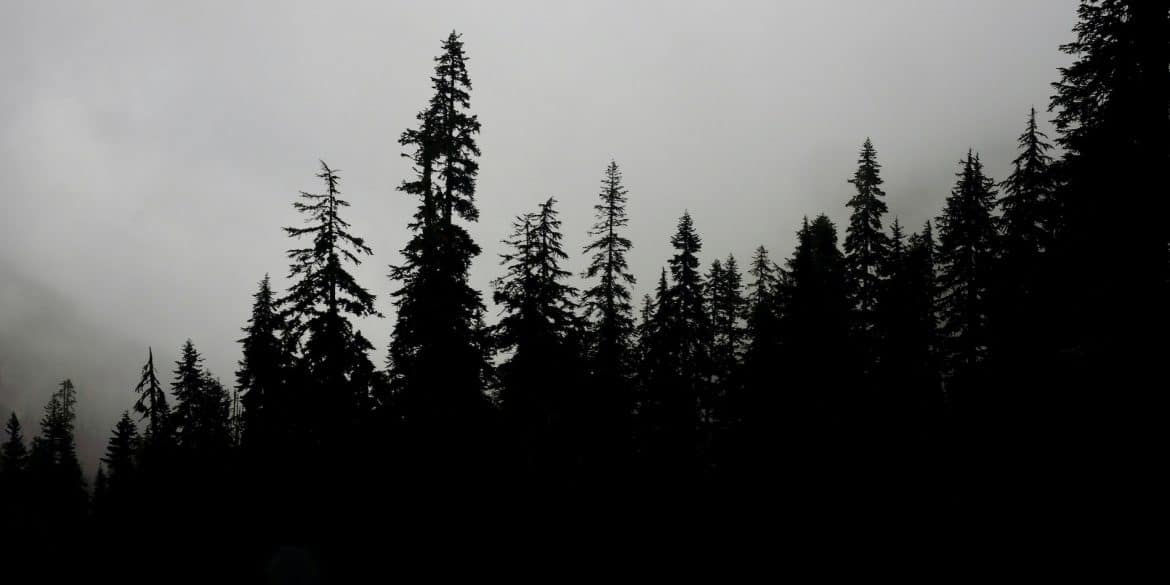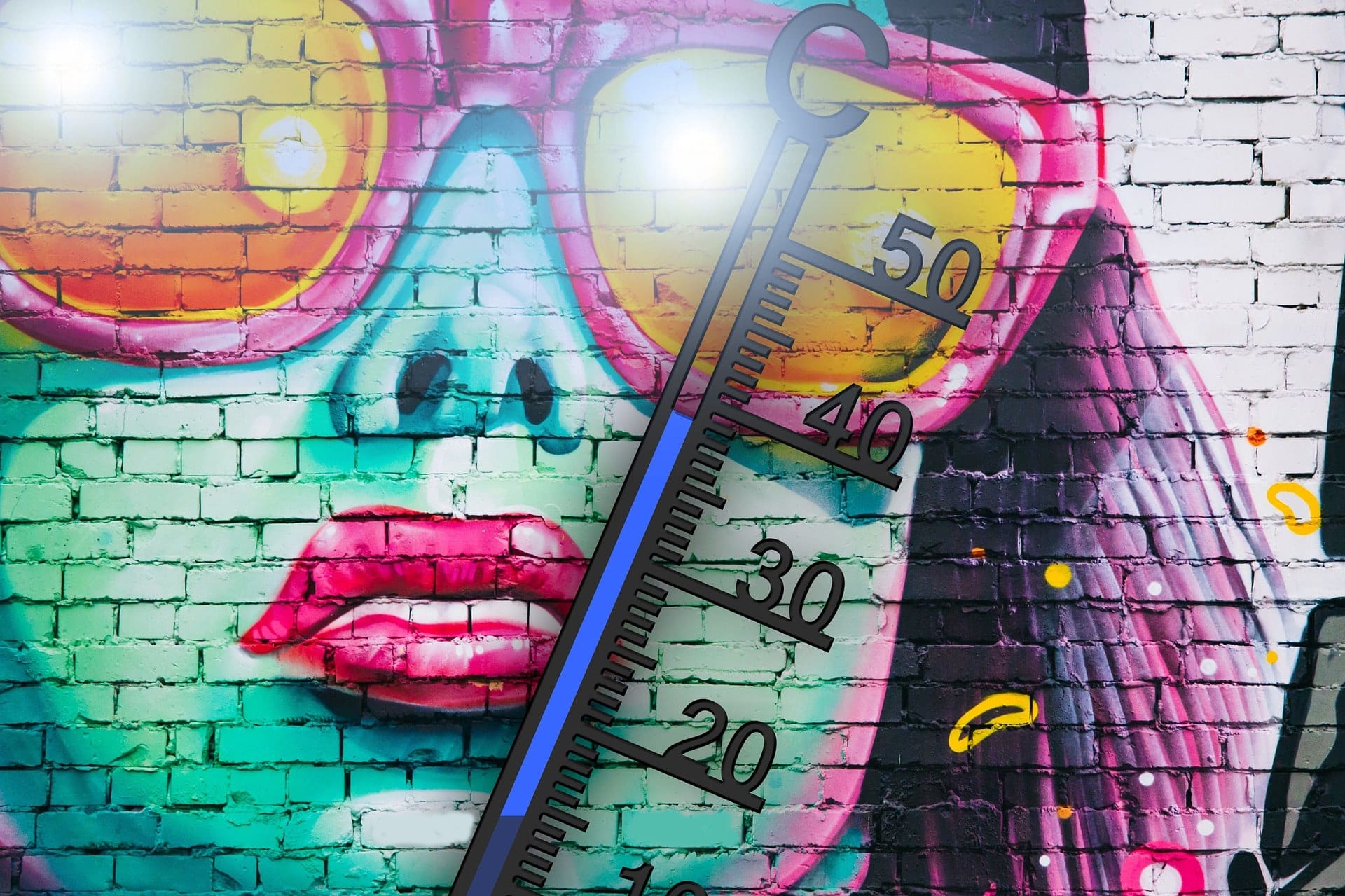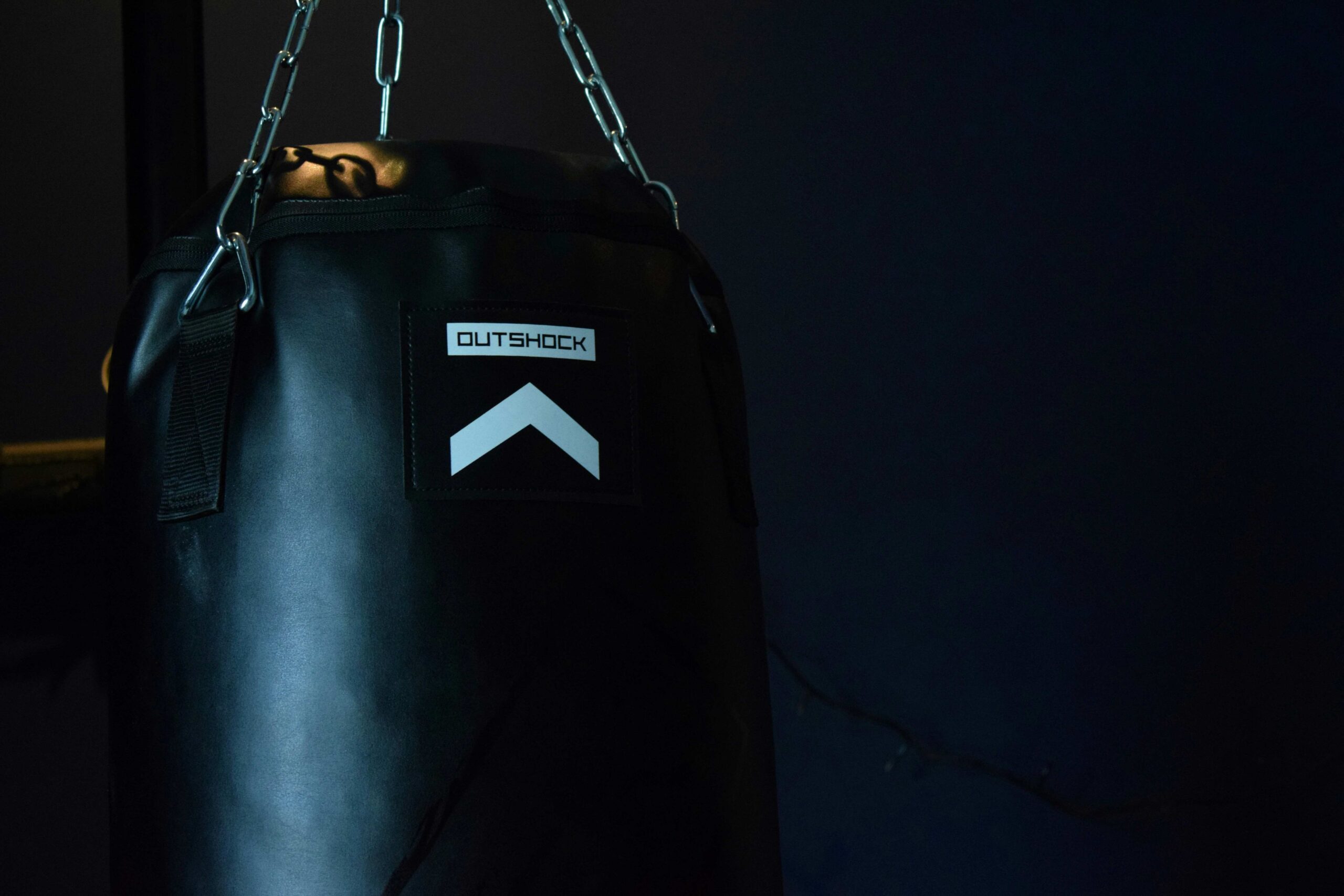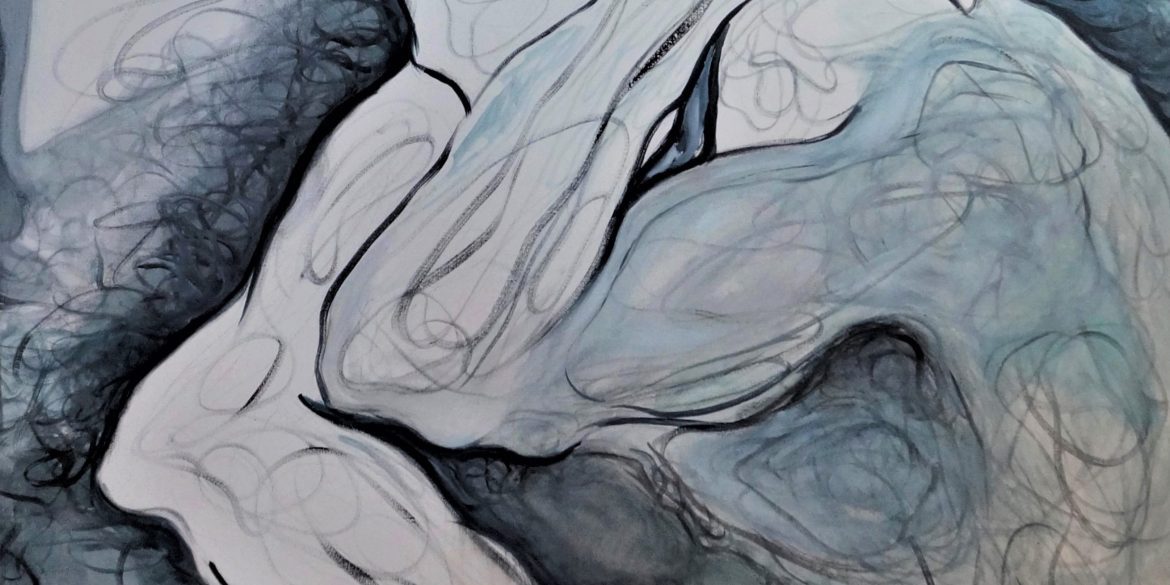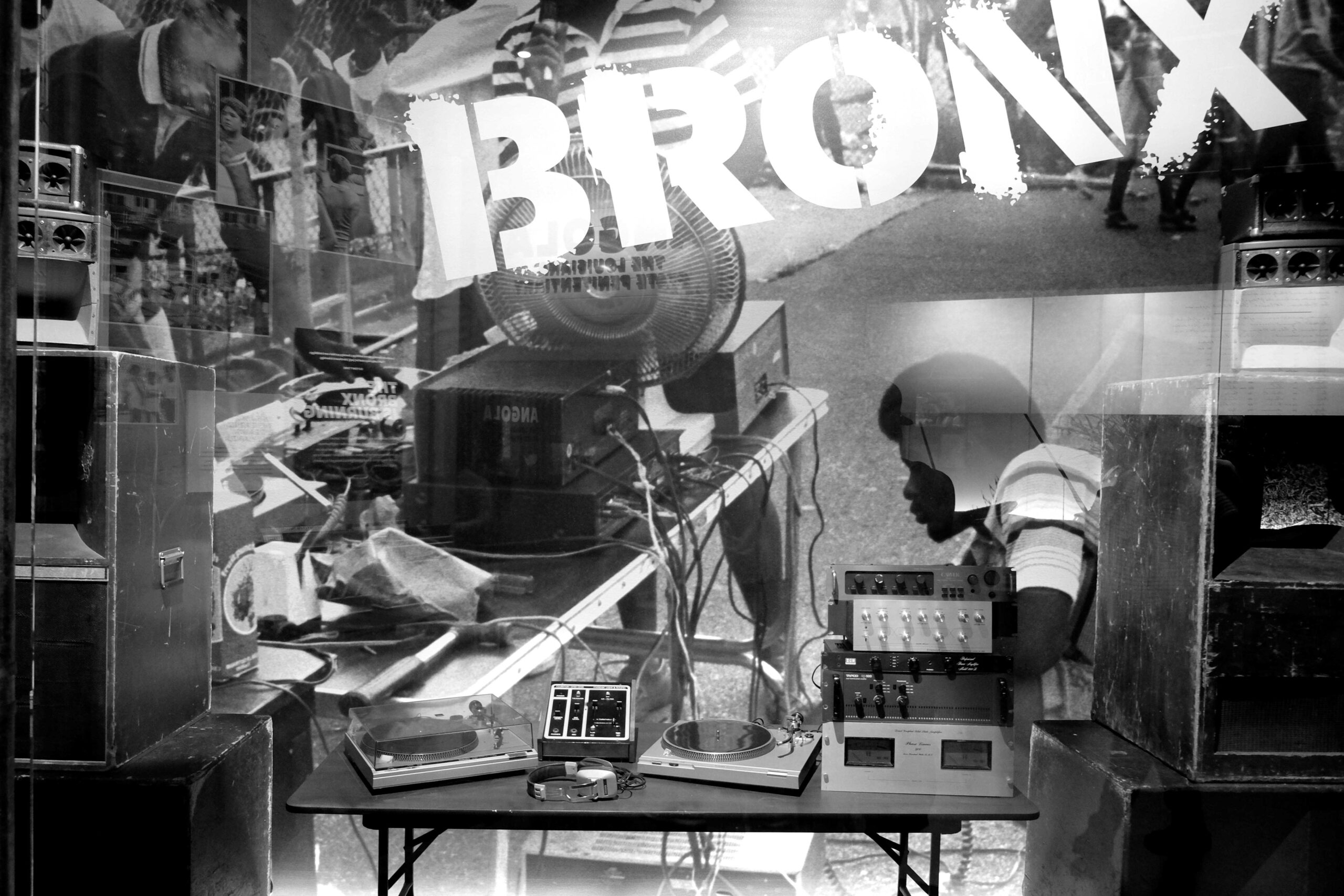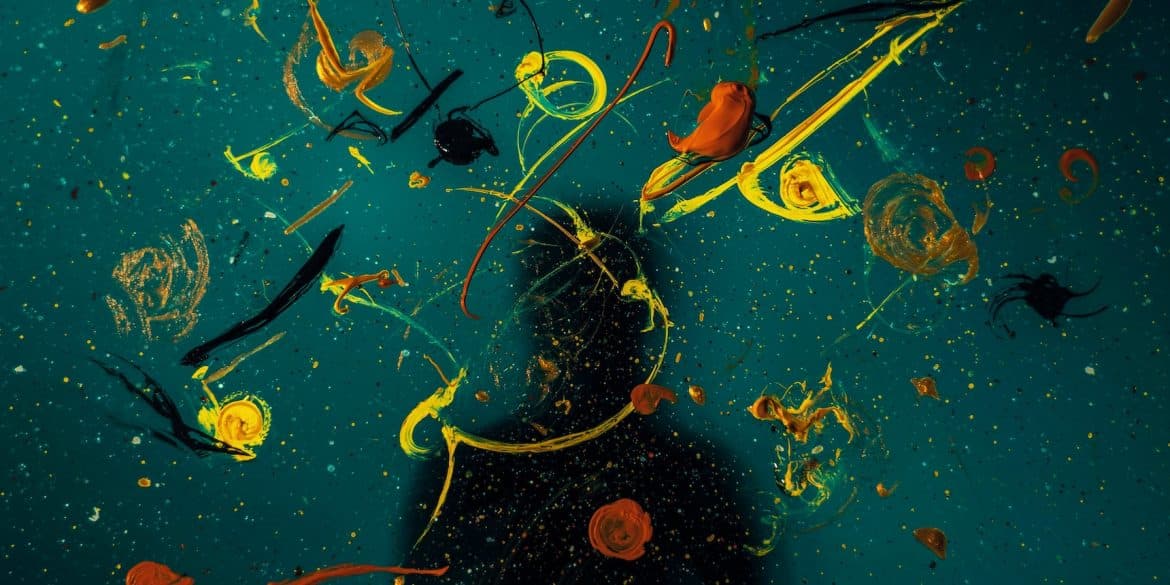"It is in finding these solutions, the tape and the glue that holds us all together, that we find the beauty of who we are as people."
"I tend to take every loss of rainforest personally. My autoethnographic poetry 'The Threat' and 'John Doe' are reflective of this."
My poem “Week After” explores my experience with assault, rape, and emotional abuse in a year and a half long relationship with an older man.
“Woken Word” was born as my inner voice was awakening and the world, ironically was becoming “woke” while simultaneously retreating into isolation.
This poem, entitled "Work Out," is about how I dealt with 2020. It's a writing exercise I didn't realize I needed to do.
"Armored Corps: The spirit of combativeness and human resilience" is the theme of a graphic narrative project.
In my poetry, I highlight negative depictions of Catholic religion and discuss how they differ from my own experiences as a Catholic.
Within the context of this poem, I tried to explain what was happening to my body because of SLE and what I was thinking.
Through these reflections on heritage, I delve into being a child of parents who immigrated from the Bronx to a suburban lifestyle.
Through all of the things that separate us, there is one universal experience that transcends all barriers: love.
"I called out the demons one by one. I named them. I gave them precise blocking and ultimately, I controlled where they stood, breathed, and bourréed. I gave them an entrance, and a stage, and then I sent them away."
"Once I have the first line or two, the rest of the poem seems to flow rather easily. I write whatever comes to mind. Somewhat like a story rather than a poem. I then start to take out the excess words and phrases and pare it down to the essence of what I wish to say. Other times I do not change a word. The muses come and go on their own. I also believe poetry has chosen me."


